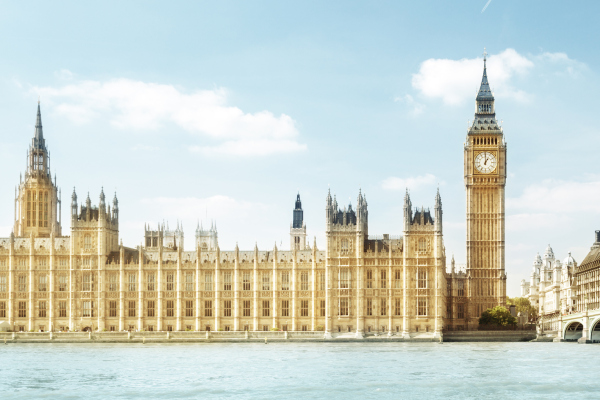We’ve joined a call for the Prime Minister to take immediate action to address health inequalities that continue to disadvantage many people in society.
We’ve co-signed the letter to Boris Johnson along with nearly 200 organisations as part of the Inequalities in Health Alliance (IHA).
The letter calls for a cross-governmental strategy that addresses the underlying causes that are a barrier to good physical and mental health for many people.
The IHA believes that this strategy should consider the role of every government department and should identify the policy changes required on national issues - such as housing and employment - that will be relevant for all communities.
Our Third Sector Lead Jeremy Bacon said: "It’s important that this call to address health inequalities includes mental health.
Recognises barriers
"Our own work on developing our equality, diversity and inclusion strategy has a wide scope, and as a starting point recognises the many barriers and impediments that people from marginalised and disadvantaged communities face in getting the help that they need.
"There’s an important role for local organisations that understand and connect to communities to work to remove these barriers, but we also need government to adopt strategies across all departments that reduce disadvantages and their impact."
The COVID-19 pandemic has brought to light deep-rooted inequalities and the IHA believes that many deaths could have been prevented had there been better levels of general health before the pandemic.
The gap in healthy life expectancy between the richest and poorest in England was two decades prior to the pandemic, and one third of people aged 25 to 64 were economically inactive as a result of long term sickness or disability.
Our member Mel Halacre is a clinical director and therapist at Spokzpeople CIC, a not-for-profit organisation developing a disability-affirmative therapy approach.
She’s also a member of our Equality, Diversity and Inclusion Task and Finish group, working to develop our EDI strategy.
Overlooked
Mel said the mental health of people with disabilities has been ignored and overlooked by policy-makers and service commissioners for years.
"Often people with disabilities are getting by on very low incomes. Paying for private therapy just isn’t an option, and it is extremely difficult to access services that have a true understanding and ability to respond to the specific needs of disabled clients.
She added: "Service planning and commissioning remains narrowly focussed on physical needs at the expense of an holistic approach that includes understanding and responses to the range of complex and individual emotional and mental health needs.
Greater understanding
"We need a greater understanding of the hidden factors that prevent people accessing the support and help that they need to live healthy and productive lives, and a cross-governmental strategy focussed on addressing health inequalities is a vital step for individuals and society as a whole.
"As a profession, I hope that therapists without disability experience will draw upon their own COVID challenges to help them better understand their disabled clients."
The Inequalities in Health Alliance has requested a response and meeting with the Prime Minister to discuss its call.

Influencing decision makers
We work with with politicians and decision makers from all four nations to help them understand the positive changes that counselling can make to people's lives.

'You saved my life'
New report highlights work of counselling partnership in supporting more than 30,000 women and girls and its impact on their lives

UK government urged to invest in mental health support
We welcome new report calling for strategic government spending on mental health
